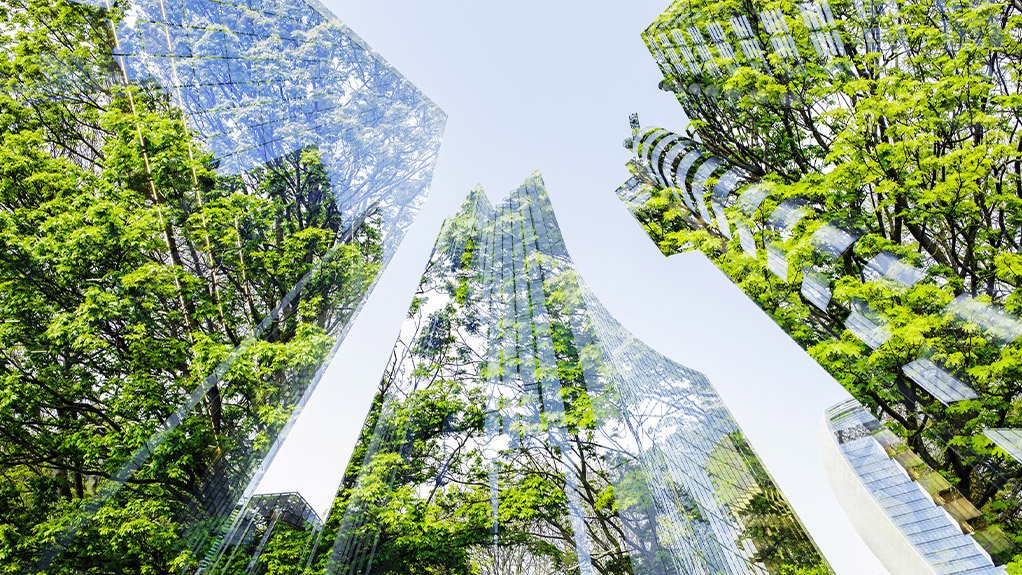
+27 (0)11 0461900
Private Bag X139 Halfway House 1685

How West Africa is building resilience against climate change
By Obinna Uche, Sales Director, Power Systems Division at Schneider Electric Anglophone West Africa
According to the report Climate Change and Security in West Africa published by the Stockholm International Peace Research Institute (SIPRI), changing climate conditions in West Africa are impacting natural resource availability, biodiversity and agricultural productivity. The report projects that the region will experience unprecedented change in temperatures and rainfall in the next 10 to 20 years.
Already, West Africa experiencing an alarming rise in temperatures, with some areas recording highs of 42-43 degrees Celsius. This surge in temperature is accompanied by prolonged droughts which for example pose significant challenges to those countries that rely on hydropower generation as part of their energy posture.
Unfortunately, this vulnerability extends beyond power generation, many Western African countries’ power infrastructures simply don’t have the resilience against extreme weather conditions such as storms, already grappling with aged and compromised infrastructure.
During rainy seasons, Nigeria often (pre-emptively) shuts down its grid operations to prevent any additional damage to its already fragile infrastructure. Again, this re-emphasises the urgent need for infrastructural development in the region.
Addressing climate change with renewable energy
The good news is West Africa is proactively responding to climate challenges by implementing renewable energy solutions. Investments in renewable energy are gaining momentum, supported by substantial funding. USAID, for example, is supporting the third cycle of the Economic Community of West African States (ECOWAS) EREF (ECOWAS Renewable Energy Fund) programme, which was launched in 2019 and is currently being implemented in six West African countries.
The programme catalyses investment in energy by facilitating access to finance for renewable energy projects, with a specific focus on clean energy mini grids (CEMGs). This surge in investment aligns with the region's commitment to reducing the carbon footprint and promoting climate sustainability.
The continued integration of wind and solar energy also serves a stabilising force, particularly in times when hydropower generation is compromised by fluctuating and extreme weather patterns. Gas engines and turbines are also seeing increased uptake, providing consistent energy supply during rainy season which impact solar supply.
Emerging role players
There is growing interest in green hydrogen as a potential solution. While not yet widely adopted, the exploration of green hydrogen technologies demonstrates a commitment to innovative solutions aligned with long-term sustainability goals.
As a global energy management company, Schneider Electric is also assisting the region in its strides to establish a sustainable more resilient energy infrastructure. For one, our goal is to ensure that energy capacity is optimally utilised, from generation to distribution to end user.
This includes providing intelligent monitoring solutions that contribute toward efficient power management and distribution, ultimately leading to cost savings as well as increased investor confidence.
Whist West Africa still has numerous obstacles to overcome, it is undoubtedly encouraging to experience the region’s commitment to sustainability which speaks volumes of its resilience and the proactive steps it is taking to striking a balance between climate change and stable energy provision.





